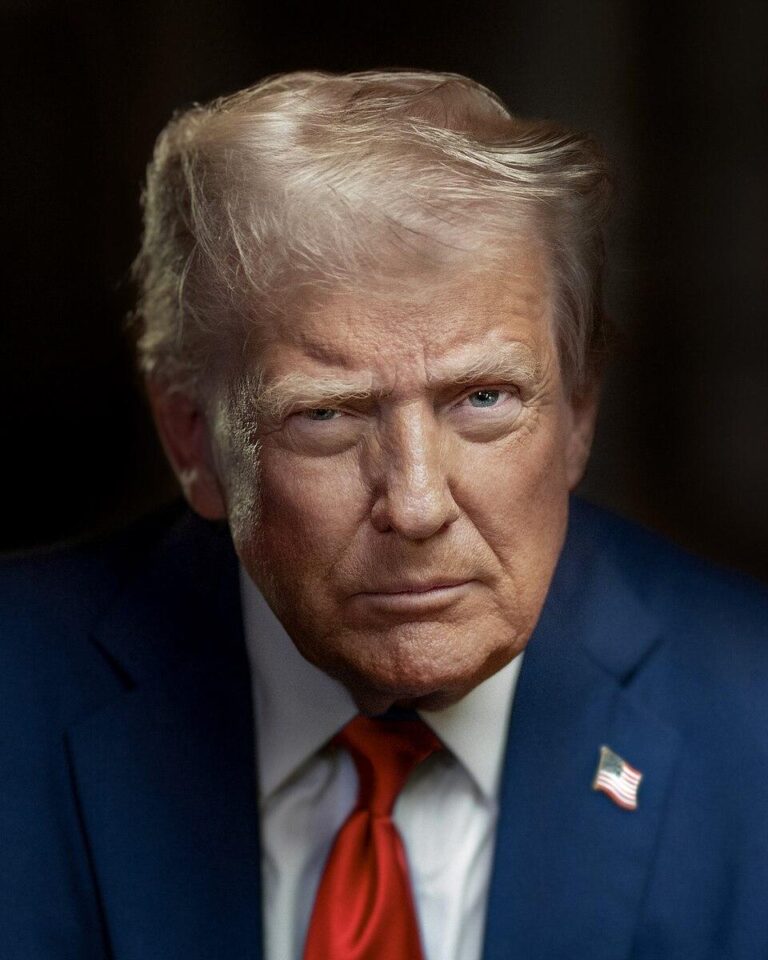Former President Donald Trump has signaled a willingness to engage in business dealings with Russia, a prospect that raises complex political and legal questions amid ongoing tensions between the two countries. As Trump explores potential commercial opportunities, experts warn that navigating the intersection of international diplomacy, sanctions, and domestic scrutiny could prove challenging. This development comes at a time when relations between Washington and Moscow remain fraught, making any business engagement an issue of significant scrutiny and controversy.
Trump Signals Willingness to Engage in Business with Russia Raising Geopolitical Concerns
Recent statements from former President Donald Trump have spotlighted a potential shift in his approach to international business, particularly regarding Russia. By expressing a willingness to explore commercial opportunities with Moscow, Trump has reignited debates over the implications of such engagements amid ongoing tensions between Russia and the West. Experts argue that while economic collaboration might yield certain benefits, it also risks entangling American interests in geopolitically sensitive issues that could affect global stability.
The geopolitical landscape is already marked by concerns over cybersecurity, energy dependence, and military conflicts involving Russia. Analysts emphasize that any business dealings may influence diplomatic relations and, by extension, national security. Key factors under scrutiny include:
- Sanctions Impact: Navigating U.S. sanctions on Russian entities could present legal and ethical challenges.
- Strategic Influence: Commercial ties might be exploited to gain leverage in international negotiations.
- Public Perception: Domestic and global reactions could affect both political capital and market confidence.
| Potential Business Sectors | Geopolitical Risks |
|---|---|
| Energy Exports | Increased reliance on Russian supply chains |
| Technology Partnerships | Cybersecurity vulnerabilities |
| Infrastructure Projects | Regulatory and sanction complications |
Navigating Legal and Ethical Challenges in US-Russia Economic Ties
Engaging in business dealings between the U.S. and Russia presents a complex web of legal restrictions and ethical considerations. U.S. sanctions, designed to curb Russian geopolitical maneuvers, impose strict limits on trade and financial transactions. These sanctions not only target specific individuals and sectors but also create an environment where transparency and compliance are paramount. Companies or individuals aiming to collaborate with Russian entities must navigate multiple layers of regulatory oversight from entities like the Office of Foreign Assets Control (OFAC), risking significant penalties for violations.
Beyond the regulatory landscape, the ethical dimension plays a critical role. Critics argue that engaging in business with Russia could inadvertently support policies or actions that conflict with U.S. national interests and global norms. Key challenges include:
- Maintaining due diligence amidst opaque ownership structures
- Assessing reputational risks tied to political figures
- Balancing economic opportunity with moral considerations
| Challenge | Implication | Mitigation Strategy |
|---|---|---|
| Sanctions Compliance | Legal penalties & loss of licenses | Robust legal audits |
| Political Risk | Reputational damage | Thorough stakeholder vetting |
| Operational Transparency | Trust deficits with partners | Enhanced disclosure standards |
Strategies for Mitigating Risks Amid Renewed Business Interests with Moscow
Businesses eyeing opportunities in Moscow must navigate a complex web of geopolitical risks amid renewed interest. Given the uncertainty surrounding sanctions, regulatory shifts, and potential backlash from western allies, companies should prioritize comprehensive due diligence and robust compliance frameworks. This includes rigorous monitoring of evolving sanctions lists, establishing clear internal protocols to avoid inadvertent violations, and engaging legal counsel well-versed in international trade law. Transparency with stakeholders and maintaining a proactive risk assessment strategy will also be crucial in mitigating unexpected disruptions.
To balance opportunity with caution, firms should implement diverse tactics, such as:
- Enhanced supply chain scrutiny: Vetting local partners and subcontractors to ensure alignment with sanctions and ethical standards.
- Scenario planning and crisis response: Preparing for rapid shifts in geopolitical dynamics that could impact operations or reputations.
- Investment in political risk insurance: Reducing financial exposure to expropriation, restrictions on capital flows, or sudden legal changes.
- Stakeholder engagement: Building dialogue channels with government agencies, industry groups, and compliance organizations to stay ahead of policy shifts.
| Risk Category | Mitigation Strategy |
|---|---|
| Sanctions Compliance | Regular audits and external legal reviews |
| Political Instability | Scenario planning and diversified investments |
| Reputational Risk | Transparent communication and ethical sourcing |
| Financial Exposure | Political risk insurance and hedging strategies |
Wrapping Up
As discussions about potential business dealings between former President Donald Trump and Russia continue to surface, the complexities surrounding such partnerships remain evident. With geopolitical tensions and ongoing scrutiny from both domestic and international observers, any move toward collaboration is likely to face significant challenges. Observers will be watching closely to see how these developments unfold and what implications they may hold for U.S.-Russia relations moving forward.




